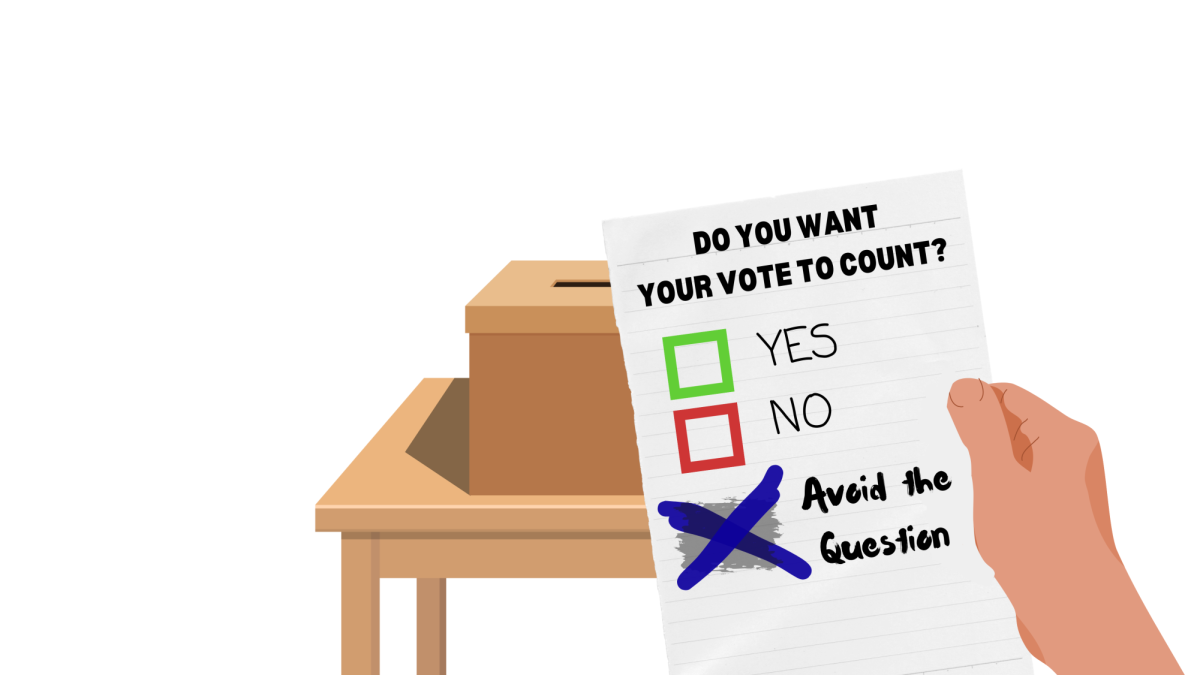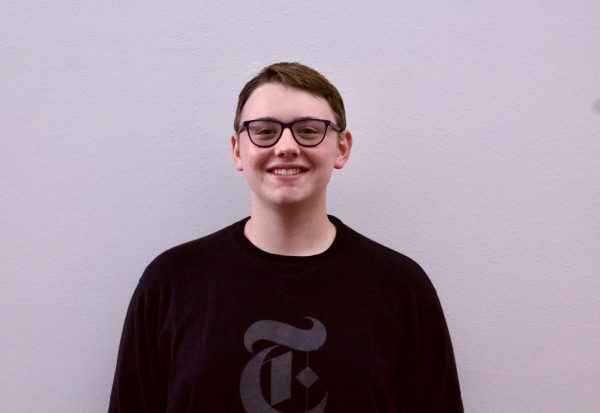In 1960, the Vietnam war was in full swing, and America’s involvement was solid.
The New York Times was of course covering the conflict, but their reports did not include an almost constant factor that we see now: there were no dead bodies. Back then, a visual of a corpse was shocking to the American people because of its cruelty and tragedy.
But now, an image of a dead refugee can cycle through Instagram constantly. For some, this image still represents a deep injustice like it once did. But for most, the picture is just that: a picture.
It is a collection of 2,000 some pixels taking up a fraction of a second in their mind. And we do what we have become accustomed to doing when we see things that make us uncomfortable; we scroll.
Creek students exist in a bubble, many of us haven’t experienced poverty, or witnessed violence, or walked past the homeless daily. We are incredibly comfortable with our silver spoons and our white summer dresses. For us, pollution in our pristine lives can only exist if we let it.
And so, when we see a video of a dead body, or images of Fentanyl addicts, or an infographic about abortions, we scroll.
Online, viewing violence has become so grotesquely common that a dead body no longer resonates as a dead body. Rather, it is seen as some twisted art piece that exists in someone’s imaginary world, but not ours.
The issue with picking comfort over acknowledgment is that we will become unable to recognize and resonate with issues that do not directly affect us. This, in turn, will begin to deteriorate our democracy. Good, strong countries rely on good, strong people. But if we refuse to recognize the incredible horrors that exist outside of our very limited lives, our nation with falter.
Seniors on the precipice of voting should use the incredible privilege of a Creek education to understand complex issues, to give themselves the ability to truly feel for difficult topics. Choosing ignorance should never be a Creek alums answer to political conflict.
Rather, we should use the excellent education we bout on our applications to acknowledge the plight of those thousands of miles away. Our role as American citizens is to act upon our beliefs, and advocate for our vote. It is not in our nature to sit idly by and pick an apolitical viewpoint. This stagnancy has translated into our legislative branches. The U.S. is at a standstill that only its citizens can break, and if we don’t, we will continue to slither through foreign conflicts either falling whim to an administrative agenda, our doing nothing at all.
A conceptualization of trauma and upset can translate to real action once these seniors reach voting age. A large benefit of social media is its ability to pummel ideas into it’s users, if they care enough. Seniors should use this motivation to follow the trends of voter turnout in years past, and continue to act on their feelings, rather than turning a blind eye to them. Seniors will be given the power to make a change within U.S. policy, but only if they choose to care.
The controversy about the Vietnam war came to a head because of mass protest and the use of the press. We too can cause change, no matter the conflict, if we fight the Creek urge to ignore what makes us uncomfortable and instead act on whatever beliefs we may have, using our American nature to our advantage.








